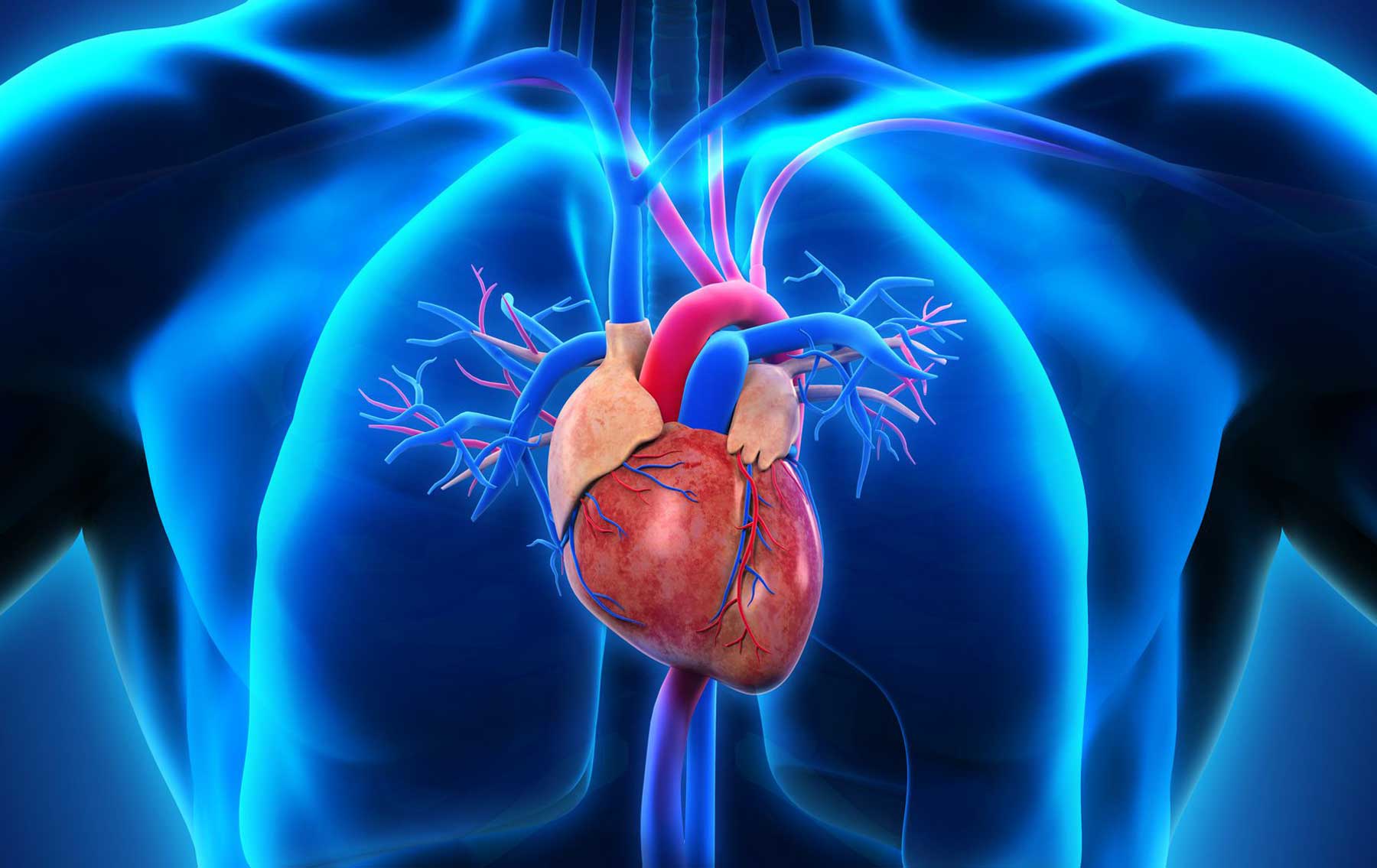Heart disease Prevention Although heart disease can begin to develop early in life, symptoms usually…

Heart disease Risk Factors
A number of factors can increase your risk of heart disease. Although you cannot control risk factors such as age, gender, race, and family health history, you can control other risk factors by following a healthy lifestyle. Because heart disease often does not cause symptoms, especially in the early stages, many people who died of heart disease were not aware that they had it. The following factors can increase your risk of heart disease:
- Age. Your chances of developing heart disease increase with age. In men, the risk increases at age 45; in women, the risk increases at age 55.
- Gender. Men are generally at greater risk of developing heart disease than women up to age 55; a woman’s risk increases significantly after menopause.
- Family history of heart disease. A family history of heart disease increases your risk, especially if your father or brother had heart disease before age 55, or your mother or sister had heart disease before age 65.
- High blood pressure. High blood pressure makes the heart pump harder, increasing both the size of the heart muscle and the chances of heart failure.
- High total cholesterol and LDL cholesterol. An excess of cholesterol in the blood, especially LDL (bad) cholesterol, leads to the formation of fatty deposits called plaque on artery walls (atherosclerosis). Plaque can rupture, producing blood clots that can block the flow of blood, causing a heart attack or stroke.
- Low HDL cholesterol. HDL (good) cholesterol removes harmful LDL cholesterol from the blood, reducing plaque buildup in artery walls.
- High C-reactive protein levels. Inflammation (which contributes to atherosclerosis) leaves a chemical by-product in the blood called C-reactive protein (CRP); the higher a person’s CRP level, the greater his or her risk of a heart attack or stroke.
- Smoking. Smoking raises blood pressure. Free radicals from cigarette smoke damage LDL cholesterol, making it more likely to collect as plaque on artery walls. Also, toxic chemicals in smoke damage arteries directly.
- Diabetes. Most people who have diabetes die of some form of blood vessel disease or heart disease.
- Race. Blacks have a higher risk of heart disease than people of other races.
- Being overweight. Being overweight makes the heart work harder, increases the chances of developing high blood pressure and type 2 diabetes, and worsens blood cholesterol levels.
- Lack of exercise. An inactive lifestyle leads to weight gain, obesity, high cholesterol levels, and type 2 diabetes.
- Stress. Although the precise mechanism is unclear, in some people unmanaged stress can lead to heart disease.
- High homocysteine levels. Too much of a body chemical called homocysteine in the blood may damage artery walls and promote formation of blood clots, significantly increasing the risk of heart attack and stroke. Taking 400 micrograms of the B vitamin folic acid every day can help keep homocysteine at a healthy level.



